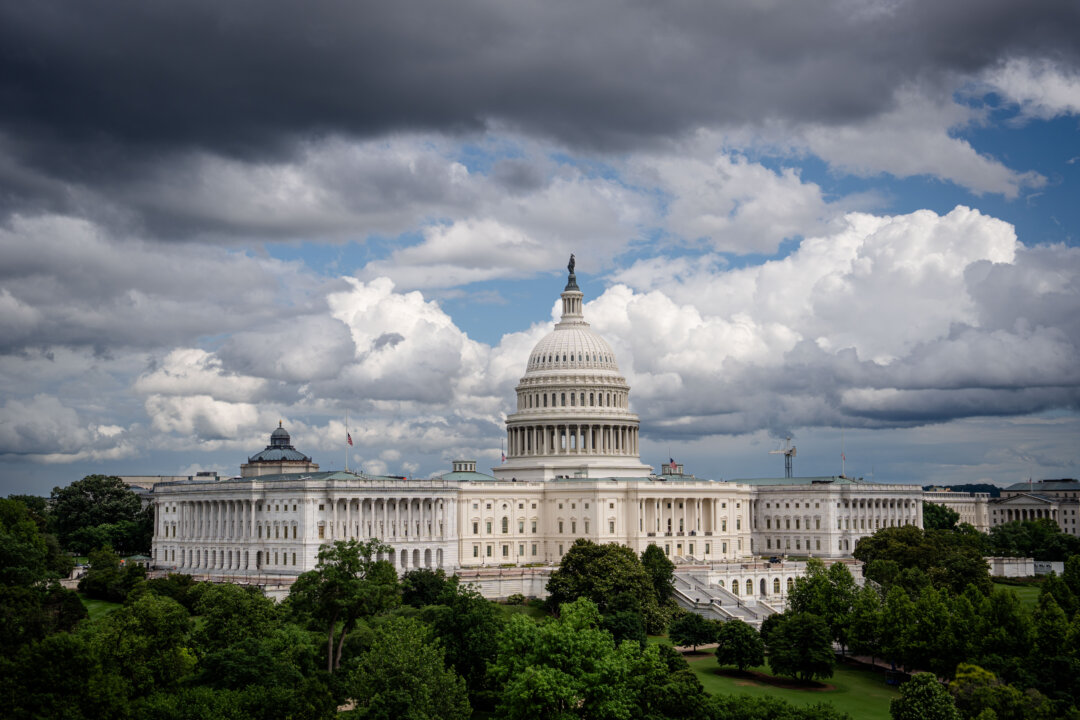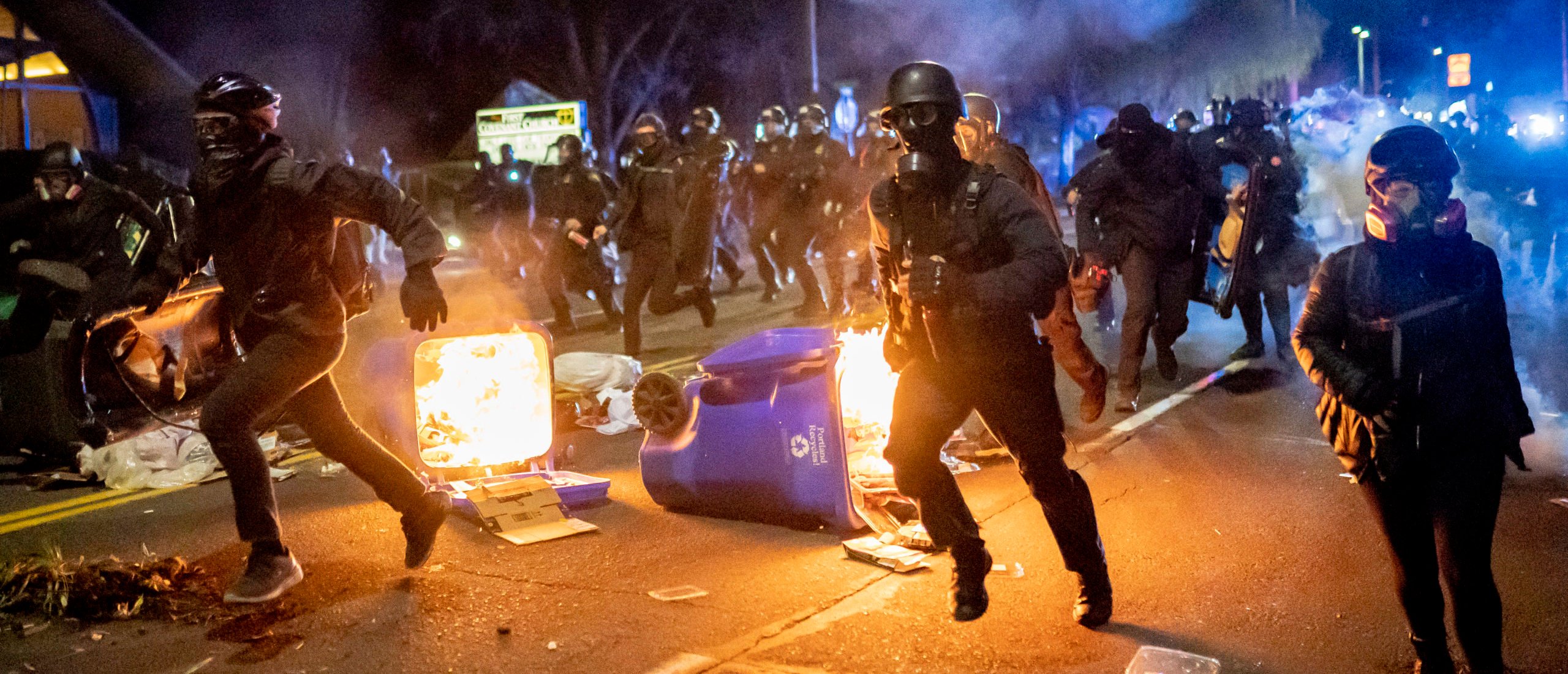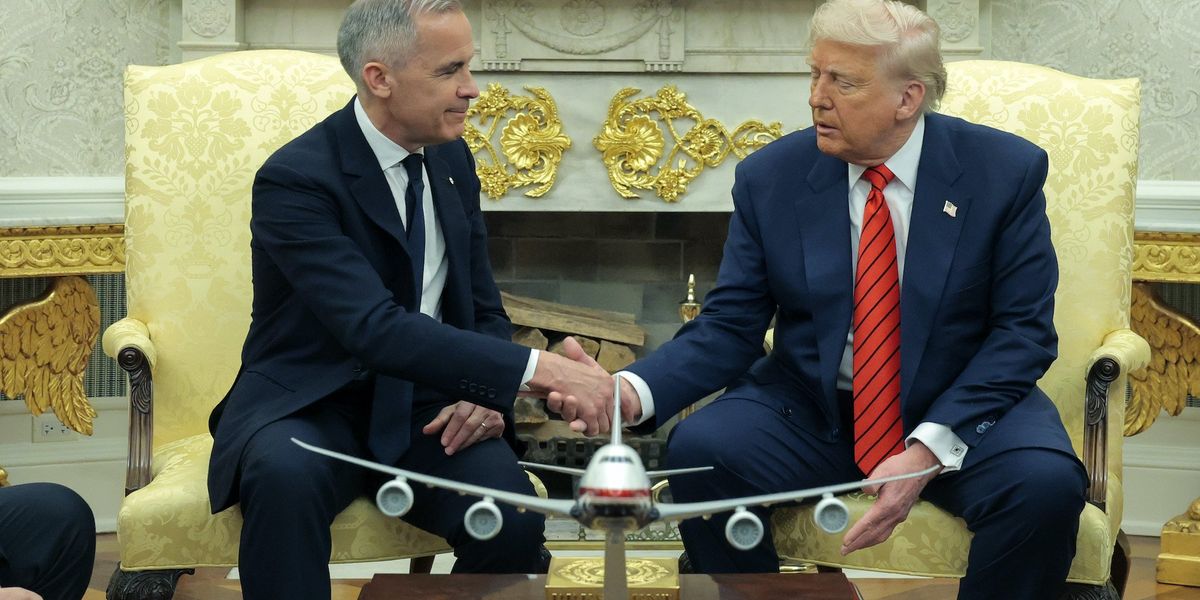Guatemalan President Bernardo Arévalo has made a significant announcement regarding immigration. He stated that Guatemala will accept illegal immigrants being deported from the United States, after discussions with U.S. Secretary of State Marco Rubio. Dubbed the “Safe Third Country” agreement, this plan is part of a broader U.S. strategy to ensure deportees are returned to their home countries, funded by the United States.
New Podcast! “Once Saved, Always Saved? What Scripture Really Teaches”
Guatemala has already been working with the United States to process both military and civilian deportation flights. Arévalo mentioned that they have agreed to increase deportation flights by 40 percent. This includes deportees of Guatemalan nationality and those from other countries.
Arévalo has expressed some dissatisfaction with the previous “Safe Third Country” agreement under Trump’s administration. He felt it was inadequate and emphasized the need for a more regional approach. Despite this, he hasn’t ruled out making a similar agreement.
Meanwhile, El Salvador’s President Nayib Bukele has also announced a new approach. His country will accept imprisoned illegal immigrants of any nationality into their prison system. This also extends to convicted U.S. citizens if the opportunity arises.
El Salvador’s new “mega-prison,” the Terrorism Confinement Center, opened in 2023 and can accommodate 40,000 inmates. Bukele mentioned that the United States would pay a fee for this service. He described the fee as being relatively low for the U.S. but significant enough to support El Salvador’s prison system.
Secretary of State Marco Rubio’s visit to Guatemala was part of a broader Latin American tour. His tour included stops in Costa Rica and the Dominican Republic. This trip highlighted the Trump administration’s focus on immigration.
Rubio’s journey began in Panama, where he met with President José Raúl Mulino. During this meeting, Mulino announced Panama’s decision to not renew its agreement with China’s Belt and Road Initiative. This decision aligns with U.S. interests and strengthens U.S.–Panama relations.
Rubio praised Panama’s decision on his social media account. He called it a great step forward for a free Panama Canal and U.S. national security. He also credited Trump’s leadership for delivering prosperity to the American people.
The Chinese regime’s influence over the Panama Canal has been a longstanding concern for the United States. A Hong Kong-based company, CK Hutchinson Holdings, still operates the ports at both ends of the canal. They control Balboa to the west and Cristobal to the east.
This situation has raised questions about national security and the strategic importance of the Panama Canal. The U.S. sees control over the canal as vital to its interests. The recent decisions by Panama and Guatemala are seen as positive developments.
Guatemala’s cooperation in increasing deportation flights is a critical component of U.S. immigration policy. It reflects a shared commitment to managing regional immigration challenges. By working together, these countries aim to address complex issues more effectively.
El Salvador’s new prison initiative also showcases regional cooperation. It provides a solution for handling imprisoned illegal immigrants. This approach helps to alleviate some of the burdens faced by the U.S. prison system.
Overall, these developments highlight a shift towards more regional solutions. Countries in Central America are playing a more active role in addressing immigration challenges. This collaboration is seen as a positive step for regional stability.
The political strategies in play reflect a conservative approach to immigration. These efforts align with the policies advocated by leaders like Ronald Reagan and Barry Goldwater. The focus remains on national security and regional cooperation.
Ultimately, these actions are consistent with a broader conservative ideology. They emphasize strong borders, law enforcement, and international cooperation. The goal is to protect national interests and promote regional stability.
These developments are part of ongoing efforts to manage immigration effectively. The collaboration between the U.S. and Central American countries is crucial. It demonstrates a commitment to addressing immigration challenges collectively.
The focus on regional cooperation is expected to strengthen ties between the U.S. and its Latin American neighbors. By working together, these countries can better manage the complex issues surrounding immigration. This approach is seen as beneficial for all parties involved.



